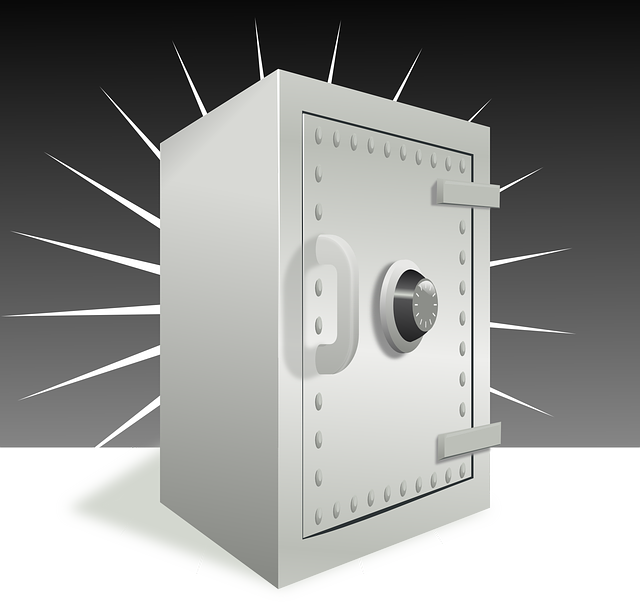Depositing money effectively requires understanding diverse strategies tailored to individual needs, from instant transfers to complex security processes. Online banking and digital platforms have revolutionized convenience and accessibility. Each method, including mobile payments, bank transfers, and e-wallets, offers unique benefits and considerations. Strategic planning aligns with personal financial goals by assessing short-term and long-term needs, diversifying account types and institutions, and regularly reviewing adjustments. Careful consideration avoids common pitfalls; impulsive decisions and balancing short-term vs. long-term needs are crucial for selecting the most suitable deposit accounts.
Efficiently managing your finances starts with understanding and optimizing depositing strategies. This article guides you through the intricacies of various depositing methods, offering insights into how to strategically plan your money deposits for optimal growth. From exploring different deposit types to revealing common mistakes to avoid, we empower you to make informed decisions that align with your financial goals. By implementing these strategies, you’ll enhance your financial journey and secure a brighter future.
- Understanding Different Depositing Methods
- Strategies for Effective Money Deposit Planning
- Common Mistakes to Avoid When Depositing Money
Understanding Different Depositing Methods

In the realm of depositing money, understanding various strategies and methods is paramount for efficient financial management. Different approaches cater to diverse needs, from the immediate transfer of funds to more complex processes involving multiple steps and security measures. Online banking, for instance, has revolutionized how individuals deposit money, offering convenience with real-time transactions and easy accessibility through digital platforms.
Each method, such as mobile payments, bank transfers, or e-wallets, presents unique advantages and considerations. Mobile payments, for example, provide instant gratification and the ability to make deposits on the go. Bank transfers, on the other hand, offer a more traditional approach, often preferred for larger transactions due to security features like confirmation codes and fraud protection. E-wallets add another layer of convenience with digital funds stored securely, enabling quick and seamless deposits at any time.
Strategies for Effective Money Deposit Planning

Effective money deposit planning involves a thoughtful, strategic approach tailored to individual financial goals and circumstances. Start by assessing your short-term and long-term needs, such as building an emergency fund, saving for retirement, or funding education. This foundation will guide your decision on which deposit accounts best suit your needs, whether it’s high-yield savings accounts offering competitive interest rates, money market accounts with flexible access, or certificates of deposit (CDs) providing guaranteed returns over a fixed term.
Diversification is key to maximizing the benefits of depositing money. Consider spreading your funds across different types of accounts and institutions to minimize risk and take advantage of various interest rate offerings. Regularly reviewing and adjusting your strategy ensures you stay on track with your financial objectives, making informed decisions as market conditions change.
Common Mistakes to Avoid When Depositing Money

When it comes to depositing money, whether for savings or investments, individuals often make avoidable mistakes that can hinder their financial progress. One common error is impulsivity; rushing into deposits without proper research and planning can lead to poor choices. It’s crucial to understand different deposit options, associated fees, and interest rates offered by various financial institutions. Taking time to compare and analyze will help in selecting the most suitable account for one’s financial goals.
Another mistake to steer clear of is not considering short-term vs. long-term needs. Some individuals deposit money with immediate access in mind, which may not be ideal for long-term savings targets. Conversely, others might lock their funds away in fixed deposits without understanding the flexibility they need for unexpected expenses. Balancing between accessibility and commitment is key to efficient depositing strategies.
Effective depositing money strategies require a balance of understanding various methods, planning ahead, and steering clear of common pitfalls. By adopting strategic approaches detailed in this article, such as exploring different depositing options, setting financial goals, and avoiding hasty decisions, you can enhance your monetary management and achieve greater financial stability. Remember, informed choices today lead to secure financial futures.






